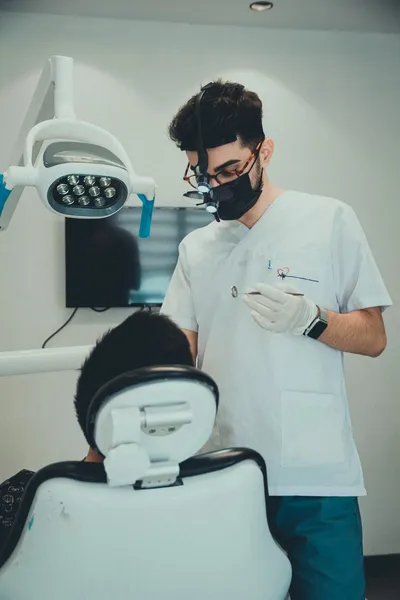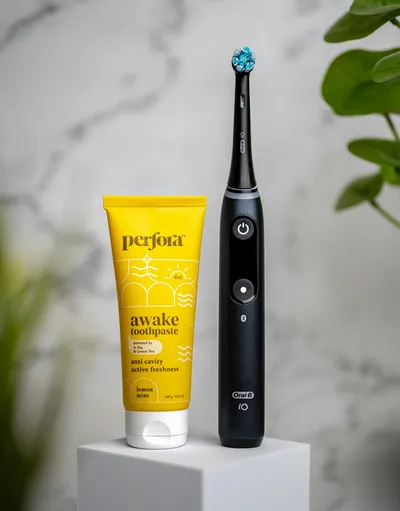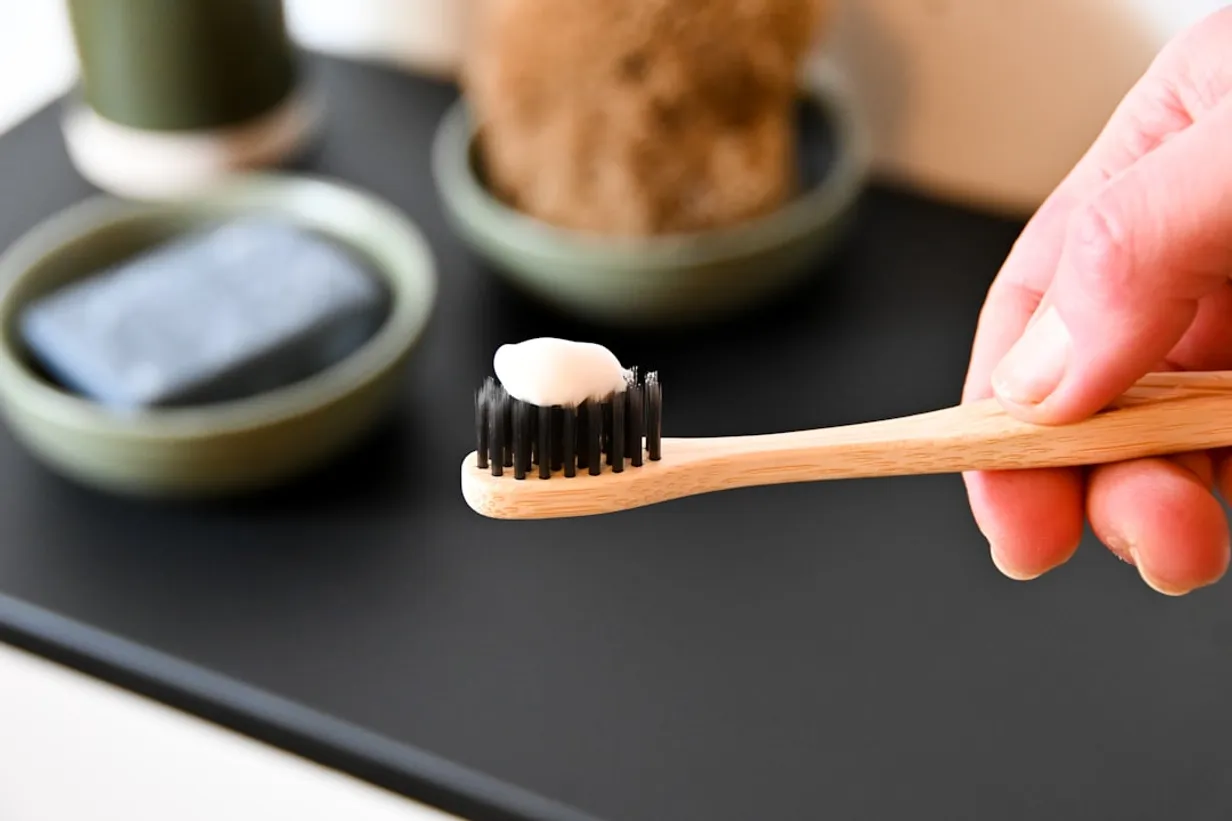
Understanding Preventative Dental Care
Preventative dental care refers to the actions taken to maintain healthy teeth and gums, thereby avoiding the onset of dental disease. It encompasses a variety of practices, all aimed at stopping dental health issues before they begin. Understanding the importance and benefits of preventative care is crucial for maintaining long-term oral health.
The Basics of Preventative Care
Effective preventative dental care includes regular dental check-ups, professional cleanings, daily brushing, and flossing. These practices help identify potential problems early and prevent various dental conditions.
Tailoring Care for Different Life Stages
As we age, our dental needs change. Identifying and implementing age-appropriate dental care strategies is vital.
Childhood Care
For infants and toddlers, introducing them to dental hygiene through gentle cleaning of gums and newly erupting teeth is key. As children grow, regular dental check-ups and teaching proper brushing techniques set a strong foundation for future dental health.
Adult and Senior Care
Adults should focus on preventing cavities and gum disease through regular dental visits and good oral hygiene practices. Seniors need to pay attention to changes such as dry mouth and gingival health, adapting their care routines accordingly.
The Role of Diet and Lifestyle
A balanced diet rich in calcium and vitamins is pivotal for strong teeth and gums. Limiting sugary beverages and foods can significantly decrease the chances of decay. Lifestyle choices, including smoking cessation, further bolster oral health.
Fluoride and Sealants
Utilizing fluoride-based products and dental sealants provides an extra layer of protection against decay, particularly beneficial for children and teenagers.
Leveraging Technology and Innovations
Technological advancements in dentistry have led to innovative ways to maintain oral health. Electric toothbrushes, water flossers, and dental apps aid in efficient plaque removal and tracking oral health progress. Exploring these tools can enhance traditional oral care routines.
Popular Dental Care Guides
Discover our most popular articles that our readers find the most helpful and insightful, covering a range of dental health topics.
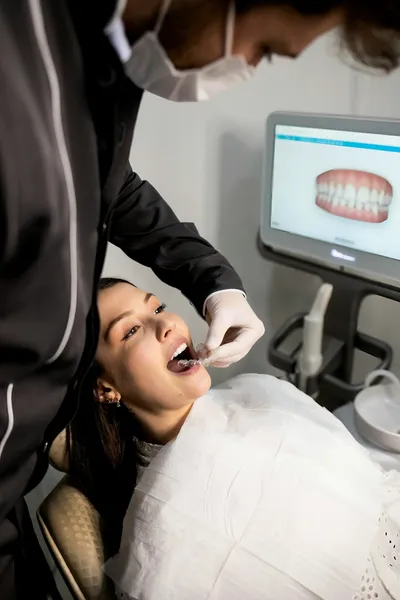
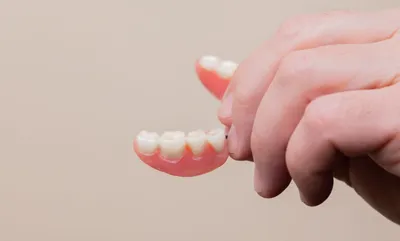
Related Posts
View All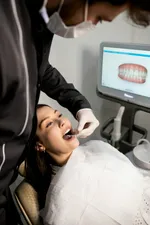
How to Choose the Right Dentures: A Comprehensive Guide

